Prestige TV is dead. What's next?
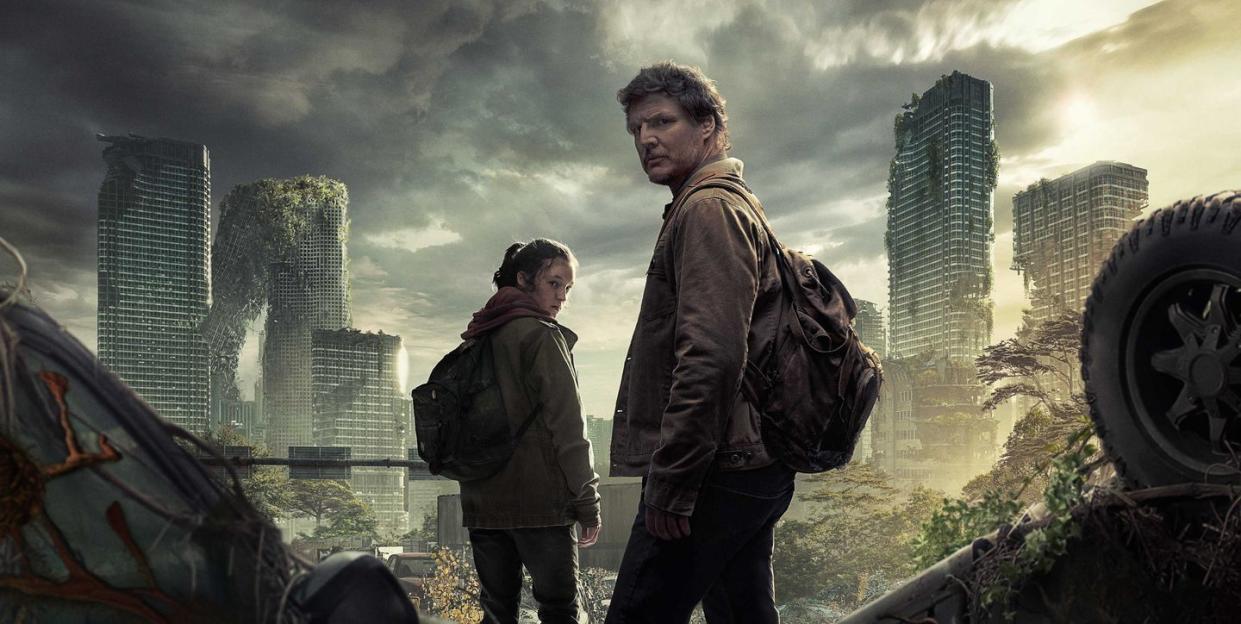
There's a problem with "Peak TV", and the problem is hidden in plain sight. Yes, there's been more great TV in the past ten years than ever before, but the trouble – at least according to the networks' behaviour recently – is that it has peaked. It's on the out. The glory days are behind us.
If that is indeed the case, we're taking Digital Spy's 25th anniversary as an opportunity to look ahead at what the future of TV might hold.
You might disagree that the era of prestige TV is over. Look at all the TV platforms, you might say, with their expensive, high-profile commissions starring big-name actors.
Only this year we've seen HBO revive True Detective with Jodie Foster, Netflix's most expensive debut show ever in 3 Body Problem, the imminent return of Prime Video's epic Rings of Power, and the marriage of Disney+ and BBC in a new series of Doctor Who. Everything looks rosy in the garden.
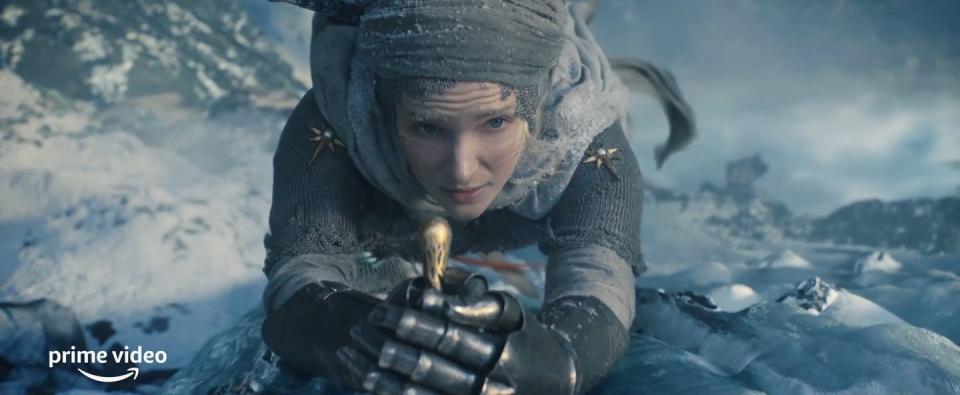
It's true: there will always be expensive, quality dramas being made, so you can relax in that regard.
The New York Times recently published a piece declaring that we are actually in the “Golden Age of Mid TV”, meaning the downward slope of the Peak: a glut of shows that are, y'know, fine, but not great. They look like great shows, they have all the right signifiers – impressive cinematography, name actors, drone shots – but they’re not actually that great.
But we disagree. We don’t think mediocrity is the problem, at least not specifically at this time. It’s a bigger industry shift than that.
Ask people in the TV business what's happening and you'll hear a pessimistic story. Channels aren't making scripted drama on anything like the scale they used to.
2023 saw a 14% drop-off according to an audit conducted by the channel FX. That's not a blip, and it's not just a consequence of the writers' and actors' strikes last year: "The drawdown of production was likely under way even before the strike shuttered all production," said FX chairman John Landgraf, as reported in Variety.
“I don’t see new major purveyors of programming entering the scene as they have been continuously over the past decade or more,” he said. “And in fact, there are some […] that are exiting the scene."
So it's demonstrably true that there's less scripted drama being made. Austerity is the word of the day. "With expenses now being reined in or even reduced at nearly all the major streamers, [the] supply of new originals will be much less voluminous going forward," predicts Variety.
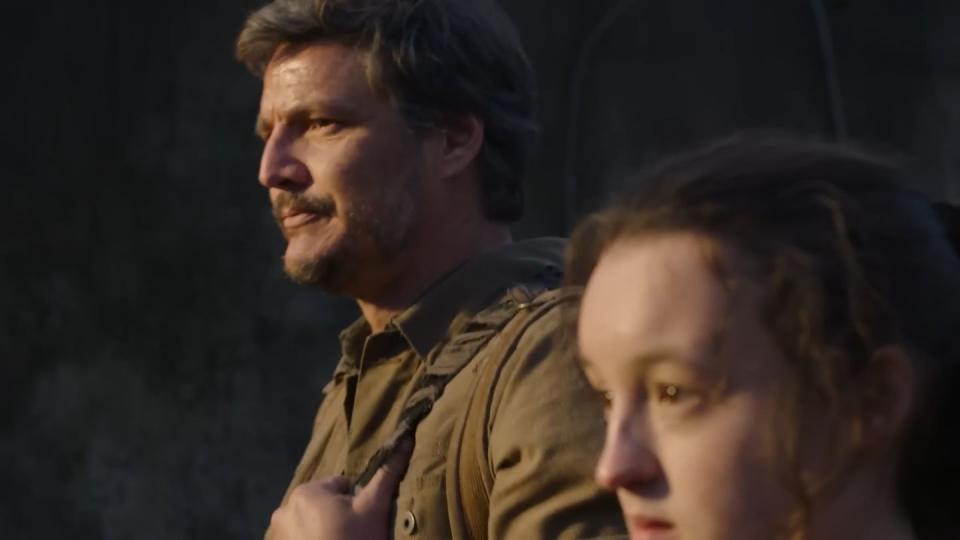
Anecdotally, TV producers will say the same thing. As former light-entertainment titan Richard Osman said on his podcast The Rest is Entertainment, "Wall Street wants its money back, so [Netflix] has turned from a creatives' channel to a viewers' channel. They are not going to throw their money around."
Meaning: creatives can no longer just show up with an empty bowl and a dream and expect to be rewarded with a ten-part limited series starring Tom Hanks and Julia Roberts, set in the Maldives.
You can see the logic. For every The Last of Us there are a dozen landfill 'prestige' projects: streamers are littered with forgettable crime dramas, generic post-Thrones fantasy series and unloved A-lister vanity projects. (NYT’s “mid” shows.)
For every hit Netflix show, ten fall down the back of the sofa, never to be watched again (let alone recommissioned).
The question now is: what's next? The answer, it would appear, is… vibes.
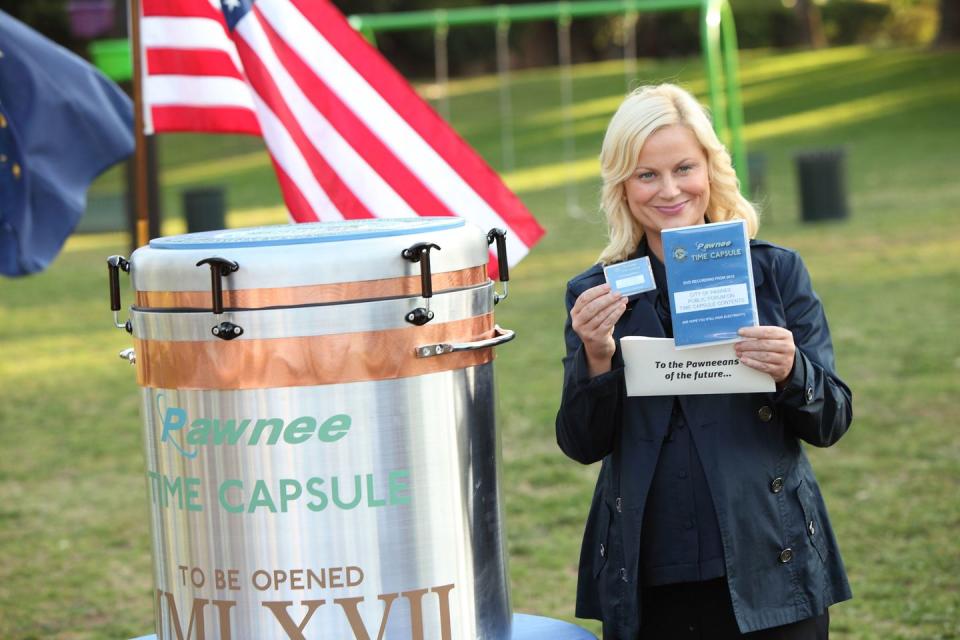
What do we mean by Vibe TV? It's TV that you can watch while scrolling on a second screen: shows that you don't need to pay close attention to but can just immerse yourself in. It's not so much a specific kind of story as a feel. It's a flavour, a vibe.
The vibe might be completely different from show to show, but the point is that Vibe TV isn’t reliant on extravagant world-building, complex psychology or clever plot twists – the stuff TV writers tend to like – so much as a general mood.
That mood might be Parks and Recreation's relentlessly positive silliness, Gogglebox's very British domestic warmth and wit or CSI: Miami's sun-baked forensic justice.
Screenwriter Lucy Prebble (Succession, I Hate Suzie) was quoted recently in a New Yorker profile: " My nephews and nieces [...] watch everything with the subtitles on. I’m thinking that now there might be a market for television or drama that’s the opposite of the grabby, ‘Something’s happening all the time, don’t look away!’ kind of thing... Shows that feel like having a bath – where you just want to be in that environment for a long time.”
Her example was the ambient, eight-hour Beatles documentary Get Back, which is one of a kind, but we think the description applies much more widely, and – crucially – to shows that don't cost a huge amount per episode to make, so streamers can license seven seasons or more of 20 interchangeable episodes, or even build their own. (It also sounds suspiciously like the old Big Brother livestream.)
In short, it's TV like the networks used to make before the streamers came along with their bulging venture-capital war chests. In fact, it literally is the TV that networks used to make, repackaged.
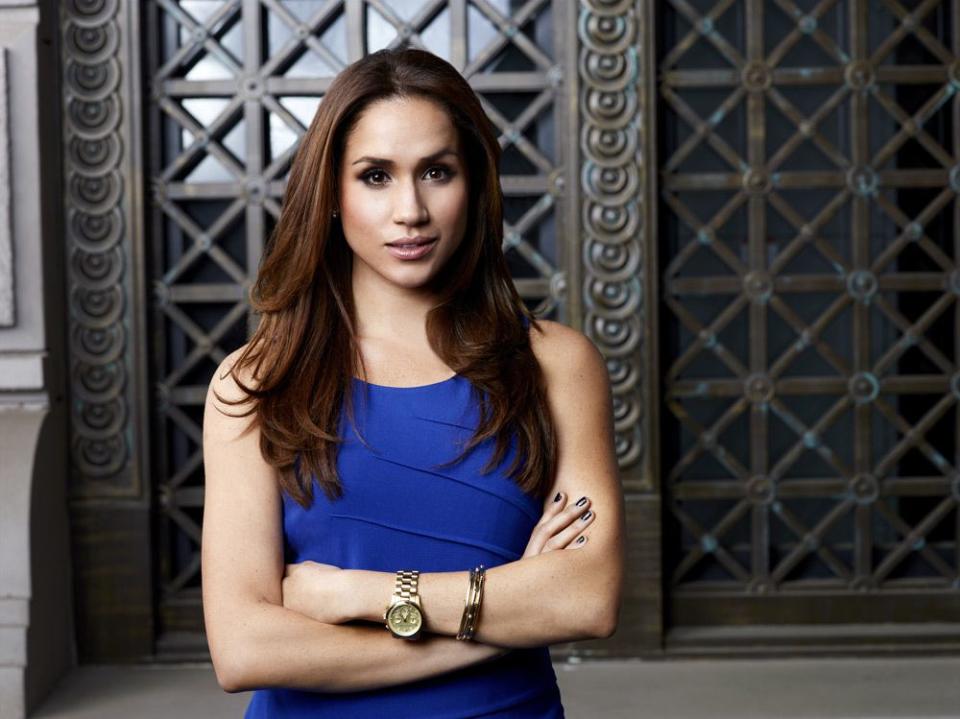
The most-watched show in 2023 wasn't The Last of Us, Succession or The Bear. It was Suits, a show they stopped making five years ago.
Not only was Suits the most-watched show of 2023, it was eight of the most-watched shows: eight out the ten most-watched individual episodes of TV last year were Suits.
The most watched before Suits was The Office (US version), which you will notice also offers multiple, long seasons of broadly standalone episodes that you can dip in and out of without losing your way.
The absolutely vital point as far as the streamers are concerned is that you stay on their platform. It used to be that they just needed you to sign up – that was when they threw money at creatives who could give them splashy launches that grabbed the world's attention. Not now. Now they need you to stay on the platform at all costs (especially with those ad-subsidised tiers they're pushing so hard).
We're not making a moral argument here in favour of one kind of show over another (though of course we all have our opinions) and we're not saying that the makers of Vibe TV shows are just churning the stuff out and don't care about every dot and comma. Of course they care: badly made shows don't become hits. We're just observing that the tide is turning.
Justine Bateman, a writer who was a consultant to the SAG-AFTRA union's negotiating committee in the recent strikes, laid out the facts in an interview with Hollywood Reporter: "I’ve heard from showrunners who are given notes from the streamers that 'This isn’t second screen enough.' Meaning, the viewer’s primary screen is their phone and the laptop and they don’t want anything on your show to distract them from their primary screen because if they get distracted, they might look up, be confused, and go turn it off."
This is obviously bleak from most writers' perspectives. The demands that Vibe TV (“visual muzak", as Bateman calls it) makes of its audience are very different to those of the would-be prestige TV landscape.
You don't need a character family tree, Wikipedia glossary and a map to follow NCIS: Hawai'i, but viewers will watch (and, crucially, re-watch) in their millions because they like the show's vibe. It's Lucy Prebble's bath. It's what they want on the big screen while they're scrolling the small one, making tea, playing with the cat or planning a holiday.
In a world where viewers' attention is being pulled in more directions than ever before – by rival broadcasters, by TikTok, by WhatsApp, Instagram, YouTube, Twitch streams, chinchilla memes and all the ephemera that flits past our 21st-century eyeballs – TV creatives have a choice.
First, they could double down on the prestige-drama high stakes and attempt to make their show the most intensely eyeball-grabbing, focus-demanding, attention-seeking shiny-shiny in the shop window. They'll get memed on TikTok, discussed on Twitter, explained and analysed on Digital Spy (you're welcome) and campaigned against on Facebook. Everyone will talk about them.
That's great – we loved Game of Thrones! But there's an attendant risk that if that show fails, it slides down the back of our aforementioned sofa forever and sets fire to $100million as it goes. Just ask the producers of Marco Polo or The Get Down.
Or they could make a show that demands less in the moment, and perhaps rewards less, but becomes the background hum, the universal TV currency, the cultural middle ground for generations of viewers.
High-risk talking point or low-stakes common denominator? That's always been a choice facing TV creatives, but right now the wind is only blowing one way – and it's not towards Westeros.
You Might Also Like


